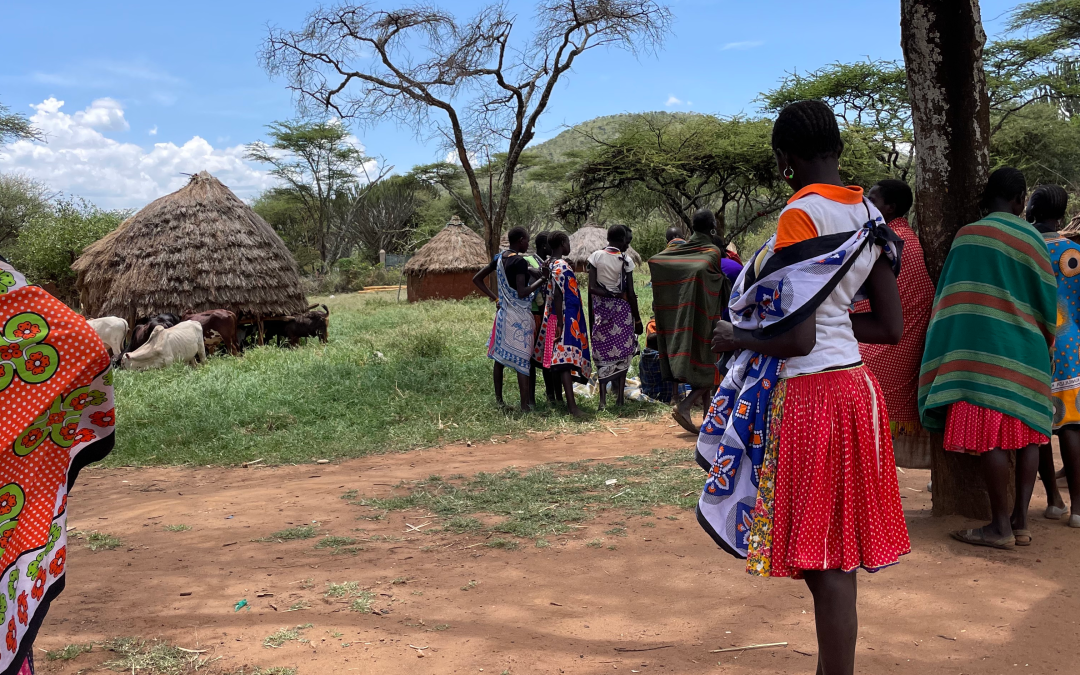
by Maya Lubeck-Schricker | September 29, 2022
Feinstein’s work as part of the Apolou project seeks to understand the impacts over time of a shift to an increasingly cash-based economy on different wealth, livelihood, and demographic groups.
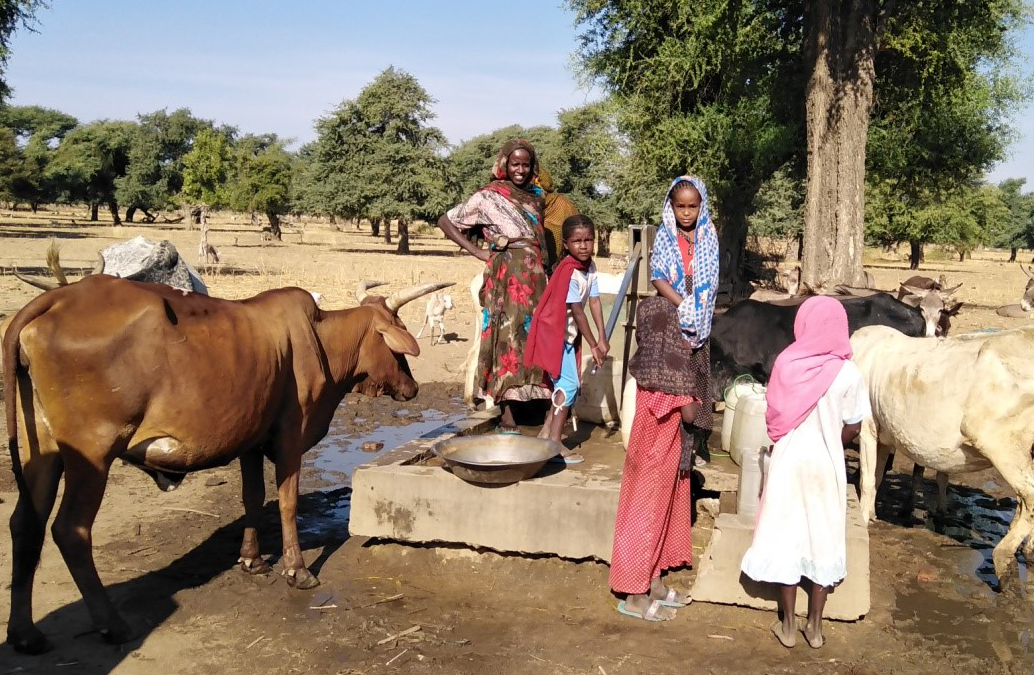
by Anne Radday | January 4, 2022
The Taadoud operational research aims to strengthen the impact of resilience-related actions and interventions.
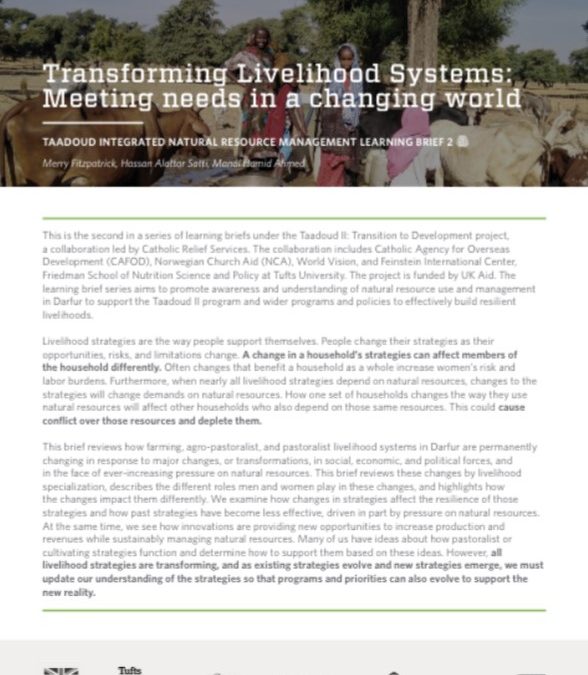
by Zineb Ouardaoui | March 26, 2021
This brief reviews how farming, agro-pastoralist, and pastoralist livelihood systems in Darfur are permanently changing in response to these major changes and in the face of ever-increasing pressure on natural resources.
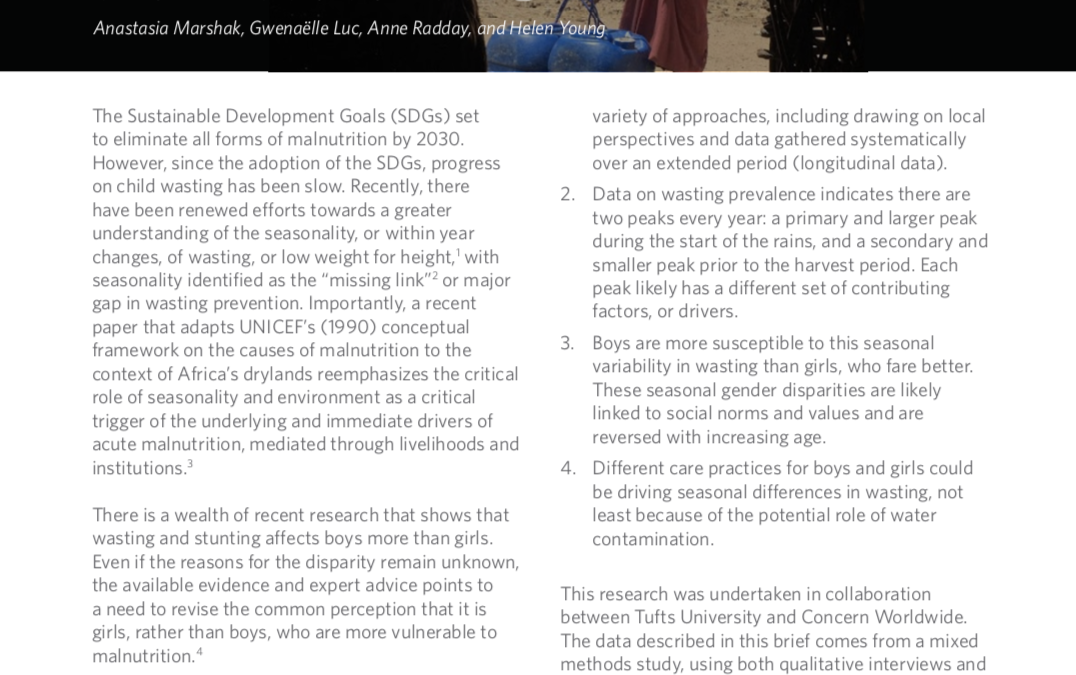
by Zineb Ouardaoui | November 23, 2020
This brief summarizes the seasonal patterns of acute malnutrition and differences in seasonal patterns and possible drivers for boys and girls in the Goz Beida Region of eastern Chad.
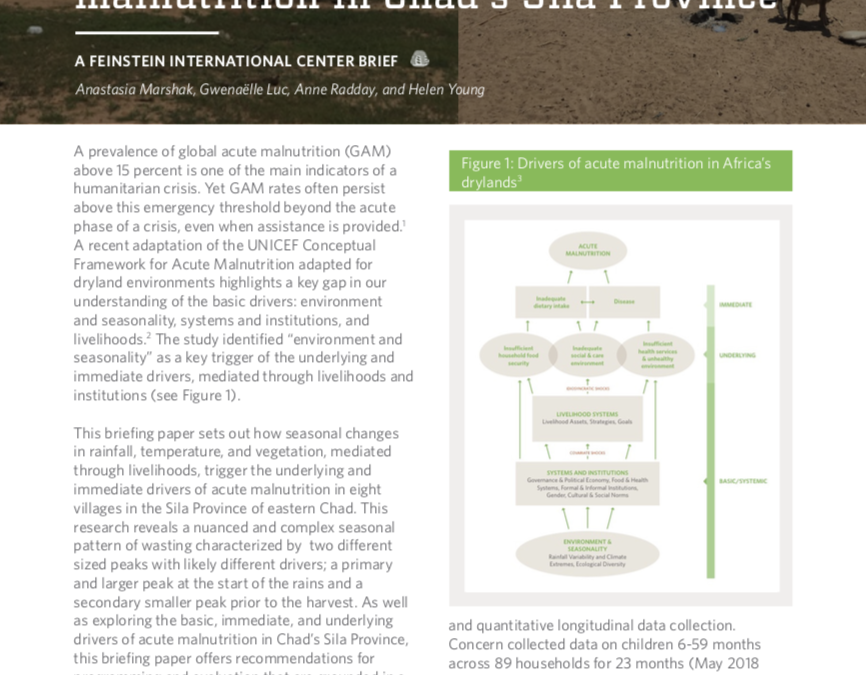
by Zineb Ouardaoui | November 23, 2020
This brief summarizes the seasonal patterns of acute malnutrition and its key drivers in the Goz Beida Region of Chad.





